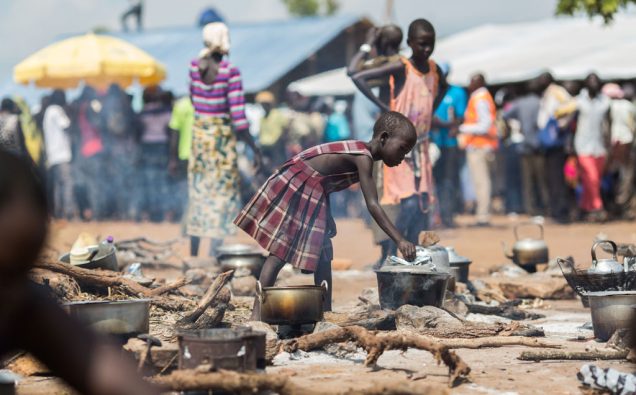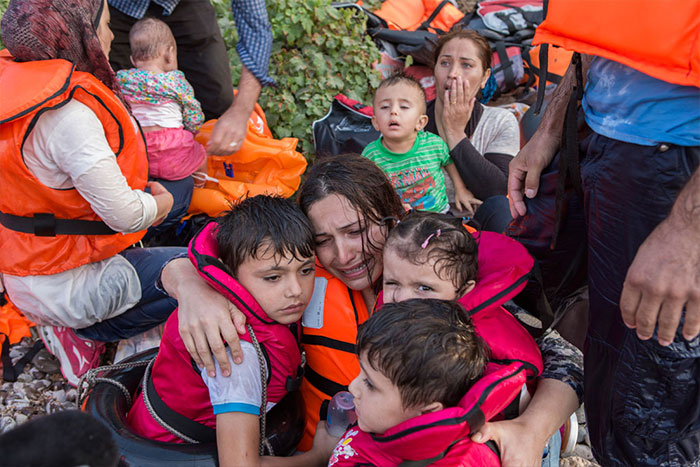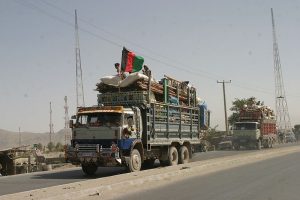
Most of the 3.2 million people driven forcibly from their homes in early 2016 found shelter in low and middle-income countries, according to a new UN study.
The report comes amidst criticism of rich Middle Eastern and some Western countries’ refusal to share the burden of refugee crisis – one of the biggest in recent history, resulting from African and Arab countries.
“The biggest contributors providing a safe haven to the world’s uprooted people are poorer communities,” UN High Commissioner for Refugees Filippo Grandi.
Of all countries, Turkey sheltered the greatest number of refugees, hosting 2.8 million by mid-2016. It was followed by Pakistan (1.6 million), Lebanon (one million), Iran (978,000), Ethiopia (742,700), Jordan (691,800), Kenya (523,500), Uganda (512,600), Germany (478,600) and Chad (386,100).
Pakistan has been home to millions of Afghans for more around three decades since many of them left their country during 1980s Soviet occupation of Afghanistan.
The study finds that more than half the new refugees in the first half of 2016 fled Syria’s conflict, with most staying in the immediate region – Turkey, Jordan, Lebanon and Egypt.
The UN Refugee Agency’s (UNHCR) Mid-Year Trends 2016 study says other sizable groups fled Iraq, Burundi, Central African Republic, the Democratic Republic of the Congo, Eritrea, Somalia, South Sudan and Sudan, the UN agency reported.

A Syrian mother cries with relief as she embraces her three young children after a rough sea crossing.
Photo Credit: UNHCR/Ivor Prickett
For example, relative to the sizes of their populations, Lebanon and Jordan host the largest number of refugees, while in terms of economic performance the biggest burdens are carried by South Sudan and Chad.
“Today we face not so much a crisis of numbers but of cooperation and solidarity,” Grandi said, as some Eastern European countries closed their borders while politicians in other countries fueled xenophobia about the people. Those fleeing conflicts, persecution and civil wars have faced worst hardships with thousands drowned in their risky attempt to cross Mediterrannean and find a way to safer shores of Europe.
In a previous statement Grandi had criticized the politicizing of refugees in Europe, the United States, and other industrialized countries and regional blocks, saying, “these are people that flee from danger, they’re not dangerous themselves.”



















